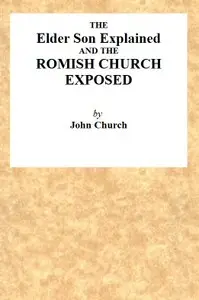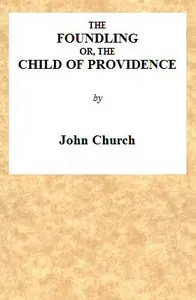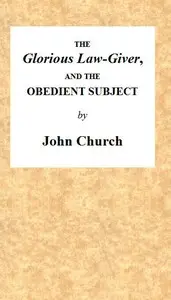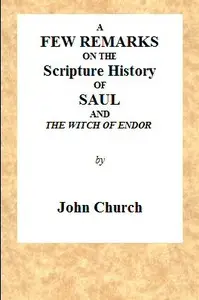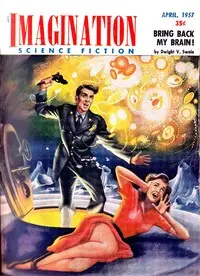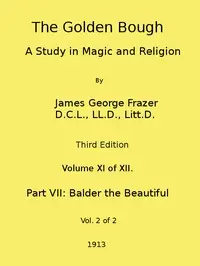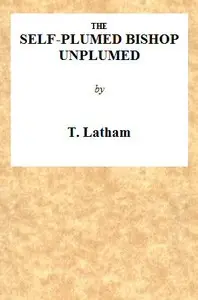"The Living Letter, Written with the Pen of Truth" by J. Church is a religious discourse that takes the form of a sermon, delivered at the Obelisk Chapel in St. George's Fields in the early 19th century. Written around 1814, it reflects the theological concerns of its time, emphasizing the Christian experience of being spiritually transformed and the importance of God's grace and truth in believers' lives. The book's central topic revolves around the notion of spiritual writing and the idea that believers themselves serve as living epistles of Christ, which are read and known by others. In this sermon, J. Church draws upon biblical references to articulate how believers are transformed into vessels of God's message, emphasizing that true change comes from a heartfelt reception of divine truth. He discusses the role of ministers as instruments of the Holy Spirit, shaping and guiding their congregants. Throughout the sermon, Church contrasts the spiritual writing on believers' hearts—empowered by God's Spirit—with the empty rituals and external adherence to the law. He encourages his audience to embrace their transformation and live out their faith visibly, being 'known and read of all men' as testimonies of God's grace and mercy, culminating in a powerful call to faith and a deepened relationship with Christ. (This is an automatically generated summary.)

The Living Letter, Written with the Pen of Truth Being the Substance of a Sermon, Preached at the Obelisk Chapel, St. George's Fields, on Sunday Morning, Sept. 26, 1813.
By J. (John) Church
"The Living Letter, Written with the Pen of Truth" by J. Church is a religious discourse that takes the form of a sermon, delivered at the Obelisk Cha...
Genres
Released
2018-10-02
Formats
mobi
mobi (images)
epub (images)
epub3 (images)
epub
Free Download
Overview
About the Author
John Church was an Independent minister who was most famous for his involvement in the homosexual scandal of the Vere Street Coterie. He is claimed by some as the first openly ‘gay’ ordained Christian minister in England. Contemporary rumours about this are unproveable one way or the other, though circumstantial evidence may suggest that his "inordinate affections which led me into error" could be referring to homosexuality.
Total Reviews
10.0k
Total reviews from Goodreads may change

